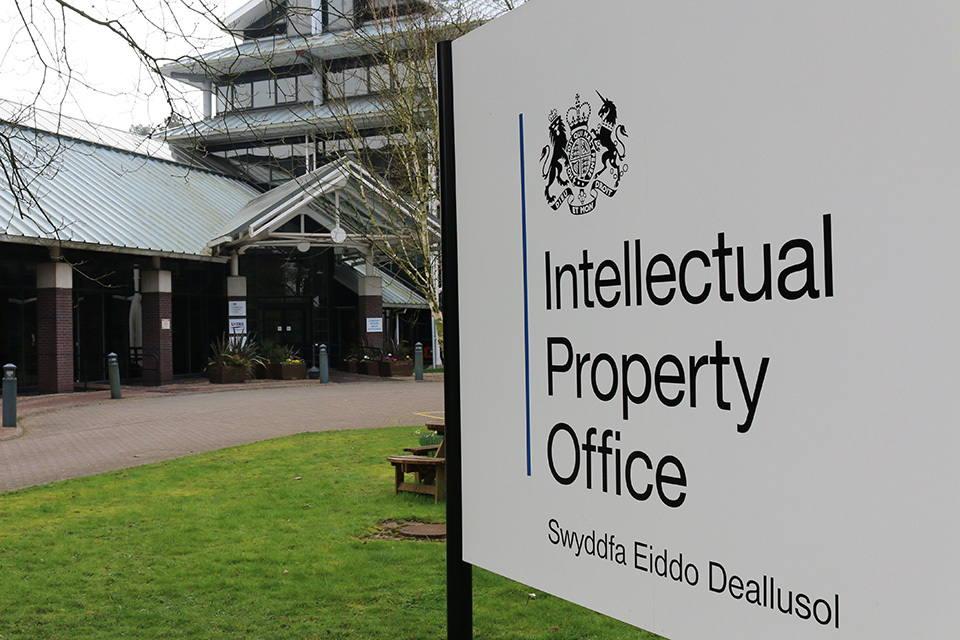 Getty Images
Getty ImagesA fugitive who had to be extradited from Scotland while claiming he was the victim of mistaken identity is standing trial for rape in the US.
Nicholas Rossi, who faked his own death in 2020, is accused of raping a woman he dated in 2008 in Utah County.
He faces a separate allegation of rape in neighbouring Salt Lake County, also from 2008. Rossi denies all charges.
He appeared in court on Monday under his other name – Nicholas Alahverdian.
Dressed in a dark suit and blue tie, Rossi was seated in a wheelchair and had an oxygen tube in his nostril as the proceedings got under way.
The first woman Rossi is alleged to have raped told the court how they met online initially in late 2008, began dating and were engaged after two weeks.
She said Rossi’s behaviour soon changed, that he became controlling, borrowed money from her, would not let her drive her own car and criticised her clothing.
The court heard the woman decided to end the relationship, at which point Rossi pushed her on the bed at his apartment and raped her.
In the weeks afterwards he “reached out” to her online but she did not see him in person again.
The defence in its opening statement claimed the case is like a “puzzle from a thrift shop” as it has pieces missing and there is not a complete picture.
They claimed the first complainant was resentful after losing money on the engagement rings and only spoke of the rape allegation after seeing Rossi in the news 13 years later.
Meanwhile, they claim the second woman did speak to police about her alleged attack but no charges were ever filed.
The case continues.
Who is Nicholas Rossi?
Rossi caught the attention of the British press in December 2021 when he was arrested in the Covid ward of a hospital in Glasgow.
Staff had recognised his mugshot and distinctive tattoos from an Interpol wanted notice.
But Rossi claimed he was the victim of mistaken identity – that his name was Arthur Knight, he was an Irish-born orphan who had never been to America, and that he could prove it.
In an interview with the , he could not produce a birth certificate or a passport.
He was finally extradited to the US in January 2024, more than a year after a Scottish court had ruled that he was indeed Nicholas Rossi.
 PA Media
PA MediaNicholas Rossi was born Nicholas Alahverdian in 1987. Rossi was the name of his stepfather, who at the time was a popular Engelbert Humperdinck impersonator in Rhode Island.
As a teenager he spent time in care and, years later, enjoyed a degree of local fame as a child welfare campaigner.
When reports of his death emerged in 2020, politicians paid tribute from the floor of the Rhode Island State House.
However, a priest who had been asked to arrange a memorial mass was warned by a detective not to go ahead because “Nicholas isn’t dead”.
Authorities suspected Rossi was somewhere in the UK, having fled after discovering that the FBI were investigating an alleged credit card fraud.
That same year, Rossi married his wife Miranda in Bristol, England.
His online footprint ultimately led police to his hospital bedside in Glasgow, where he was recovering from a genuine near-death experience with Covid.
But the legal process in Scotland dragged on, largely due to antics by Rossi.
Distinctive tattoos
He made a series of court appearances in a wheelchair, wearing a three-piece suit and an oxygen mask, maintaining his claim of mistaken identity.
Rossi insisted that he had been given his distinctive tattoos while he was lying unconscious in the Glasgow hospital in an attempt to frame him.
He sacked several lawyers before a sheriff eventually ruled he was Nicholas Rossi, and that his mistaken identity claim was “implausible” and fanciful”.
An order granting Rossi’s extradition to the US was signed by Scotland’s justice secretary in September 2023, and he was flown back to America in January 2024 after losing his final appeal.
During a bail hearing in Salt Lake City last October, Rossi admitted for the first time that he and the alias Arthur Knight were the same person.
He denied fleeing to the UK to escape arrest, claiming that he had left the country and later used the alias in order to escape threats.




